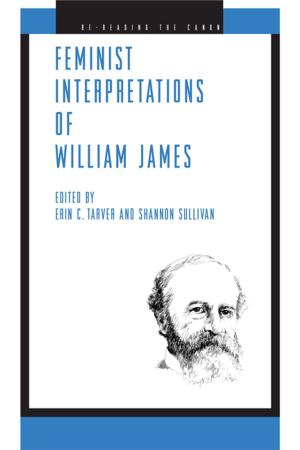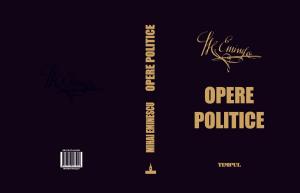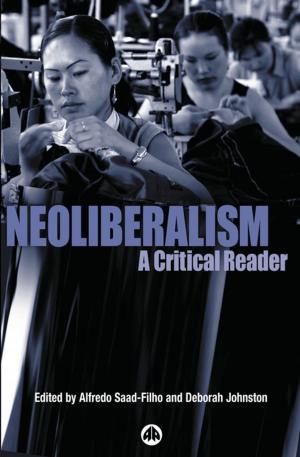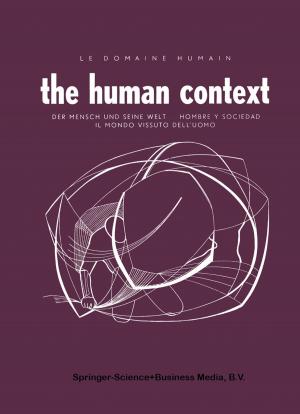Of Boxes and Ceilings
Nonfiction, Entertainment, Theatre, Performing Arts, Social & Cultural Studies, Social Science| Author: | Pascale Charhon | ISBN: | 9782930897103 |
| Publisher: | IETM | Publication: | November 3, 2016 |
| Imprint: | Smashwords Edition | Language: | English |
| Author: | Pascale Charhon |
| ISBN: | 9782930897103 |
| Publisher: | IETM |
| Publication: | November 3, 2016 |
| Imprint: | Smashwords Edition |
| Language: | English |
Gender relates to the most intimate part of the human self – identity. The individual identity is in constant tension with the social self, and the arts bring this tension to light – be it through autobiographical elements or by reflecting the situation of larger communities or society. Arts that stage (in any form) such a sensitive and intimate topic of gender identity resonate deeply with audiences, and can lead them to reconsider their vision, their gaze, ultimately their own identity.
This Fresh Perspectives publication deals with a complex and delicate topic whose borders are often blurred. It highlights some crucial points – the definition of genders, gender identity, feminism, gender bias and discrimination – that intertwine in a complex individual and social web. It seeks to clarify some terms while acknowledging that there is no clear consensus, even in the academic field, but only general agreement on them. It focuses on the insoluble tension between the individual and the social and respectfully suggests possible ways to use this tension creatively in order to advance society.
The gender issue is a clear example of obvious binaries that limit our vision of reality – the binary male/female, of gender roles, and their false competition. Art can complicate the story, it can let us think outside the norms, the habits, the obvious binaries that way too often limit our perception of reality but also our imagination. Two outstanding men – Brecht and Mayakovsky – have been attributed with the famous quote ‘Art should not be a mirror to reflect society but a hammer with which to disrupt it’ – but this is also a binary opposition. We prefer to keep in mind the words of author, feminist and social activist bell hooks: ‘Not only will I stare, I want my look to change reality’. Maybe that’s what the arts should do – stare daringly at reality and change it.
Gender relates to the most intimate part of the human self – identity. The individual identity is in constant tension with the social self, and the arts bring this tension to light – be it through autobiographical elements or by reflecting the situation of larger communities or society. Arts that stage (in any form) such a sensitive and intimate topic of gender identity resonate deeply with audiences, and can lead them to reconsider their vision, their gaze, ultimately their own identity.
This Fresh Perspectives publication deals with a complex and delicate topic whose borders are often blurred. It highlights some crucial points – the definition of genders, gender identity, feminism, gender bias and discrimination – that intertwine in a complex individual and social web. It seeks to clarify some terms while acknowledging that there is no clear consensus, even in the academic field, but only general agreement on them. It focuses on the insoluble tension between the individual and the social and respectfully suggests possible ways to use this tension creatively in order to advance society.
The gender issue is a clear example of obvious binaries that limit our vision of reality – the binary male/female, of gender roles, and their false competition. Art can complicate the story, it can let us think outside the norms, the habits, the obvious binaries that way too often limit our perception of reality but also our imagination. Two outstanding men – Brecht and Mayakovsky – have been attributed with the famous quote ‘Art should not be a mirror to reflect society but a hammer with which to disrupt it’ – but this is also a binary opposition. We prefer to keep in mind the words of author, feminist and social activist bell hooks: ‘Not only will I stare, I want my look to change reality’. Maybe that’s what the arts should do – stare daringly at reality and change it.















